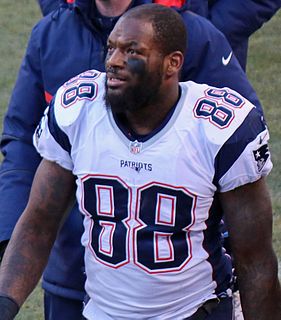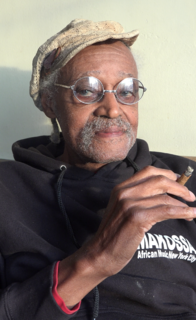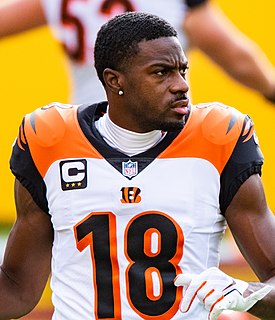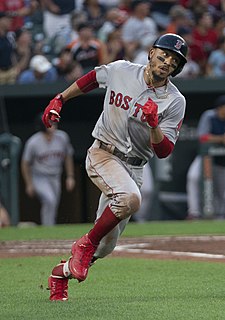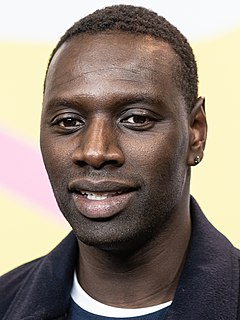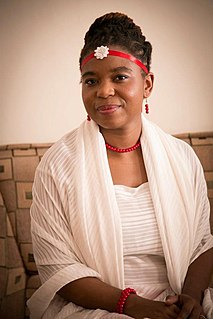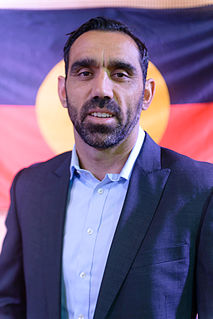A Quote by Martellus Bennett
The way we have been programmed and conditioned to think about the black kid being an athlete, it's like every young black boy people would see say 'what sport do you play?' instead of just asking 'what do you do?' 'What are you interested in?'
Related Quotes
Part of what I am dealing with, with this blackness, is asking the question, "Where are those black people, who are as dark as the description of a young black boy that Solomon Northup gives in 12 Years A Slave?" He describes the young black 14-year-old boy as "blacker than any crow." You have to question if he is using that metaphorically or as a descriptive?
I felt like it was a courageous show [Black-ish] from the beginning. We are a black family - we're not a family that happens to be black. But the show is not even about us being black. The show is about us being a family. That is groundbreaking - on TV, the black characters either happen to be black or they're the "black character," where everything they say is about being black. I think that's the genius.
I have two brown boys I have to raise and I have to teach them the inequalities that being a black man comes with. That's a tough conversation to have with a young kid who doesn't see anything, who's always sheltered, who can get anything he wants, who's going to go to the best schools but at the same time he's a black boy and his dad is black.
I never thought about being the first black actor to win, even though everybody else talked about that. If I stop to think as a black actor, people will see me differently. If I play as a black actor, people will only see that. I think my key was to perform as an actor, not as a black actor. And after winning the Cesar, I was an actor with a Cesar. there are many more adjectives to describe who I am. I'm not only black.
I've had frank conversations with theaters who say, 'We love your play, but we've already done a play by another black person this year,' or 'I don't think the kind of people you write about are the ones our audience wants to see'... Up and coming young black female writers are still struggling to have their voices heard and have their plays produced.
Black is confusing. Where does the line start and stop with what is black and what isn't black? People that are mixed-race, or, imagine being from Sri Lanka or Bangladesh, people might say you're black but your features are so non-black, like you've got straight hair, you've got like a sharper nose, or such.
As a black person on the outside, because there's so much black art and so much of black people's work circulating, so many people imitating what black people do, you would think that there'd be more black people on the business side. It didn't cross my mind that every label head, for the most part, is a white guy.
'Black' is an adjective, in my book, and the way I use it, sometimes I'll say 'black people.' But if I'm talking about a person, I'm going to say 'a Negro,' because I was taught to say that, and I don't see any reason to change it. I don't think that gives pride or anything else. I don't think you get pride by calling yourself this or that.
There's no reason why you can't say "August Wilson, playwright" even though all of my work, every single play, is about black Americans, about black American culture, about the black experience in America. I write about the black experience of men, or I write about black folks. That's who I am. In the same manner that Chekhov wrote about the Russians, I write about blacks. I couldn't do anything else. I wouldn't do anything else.
